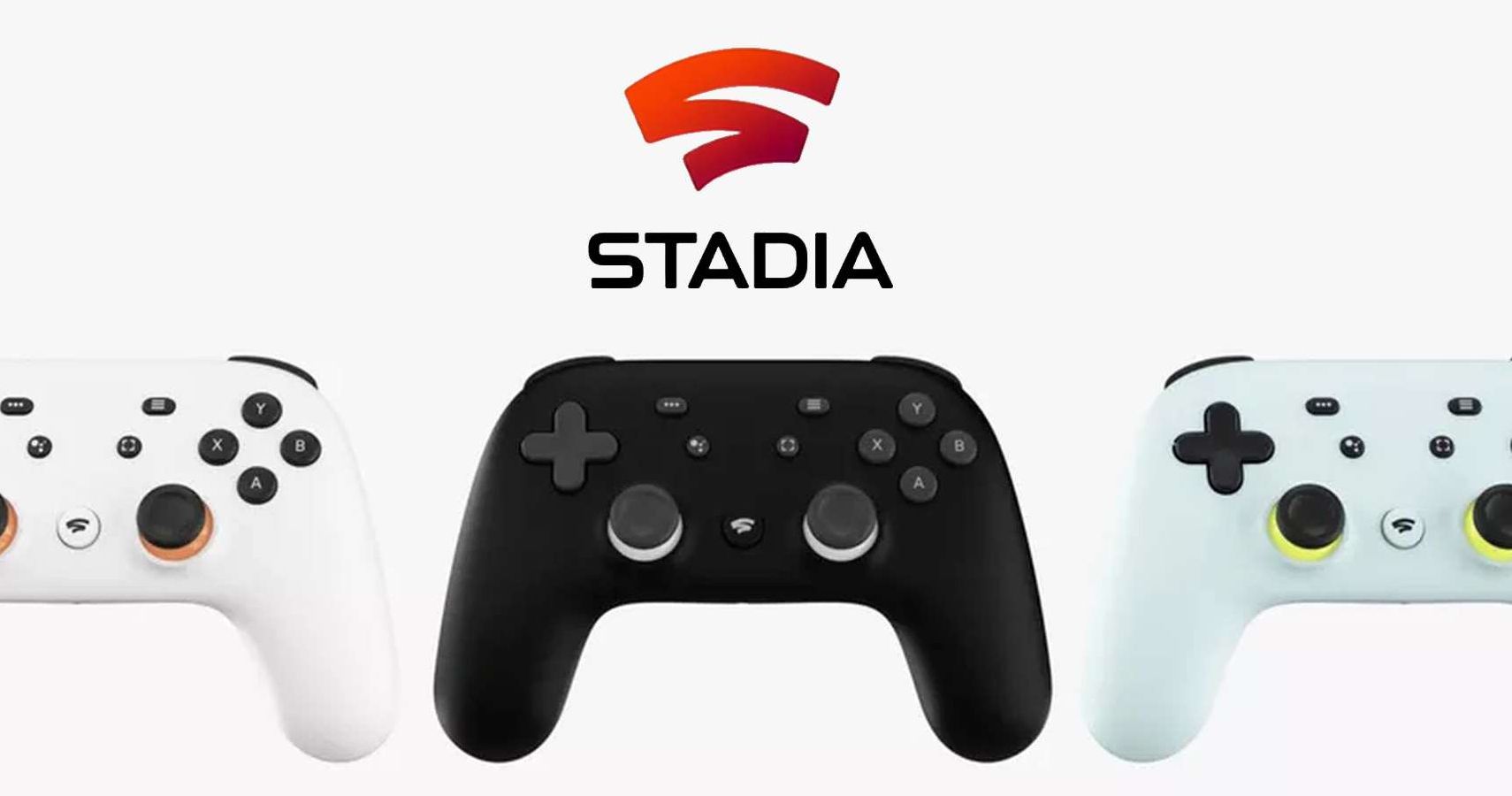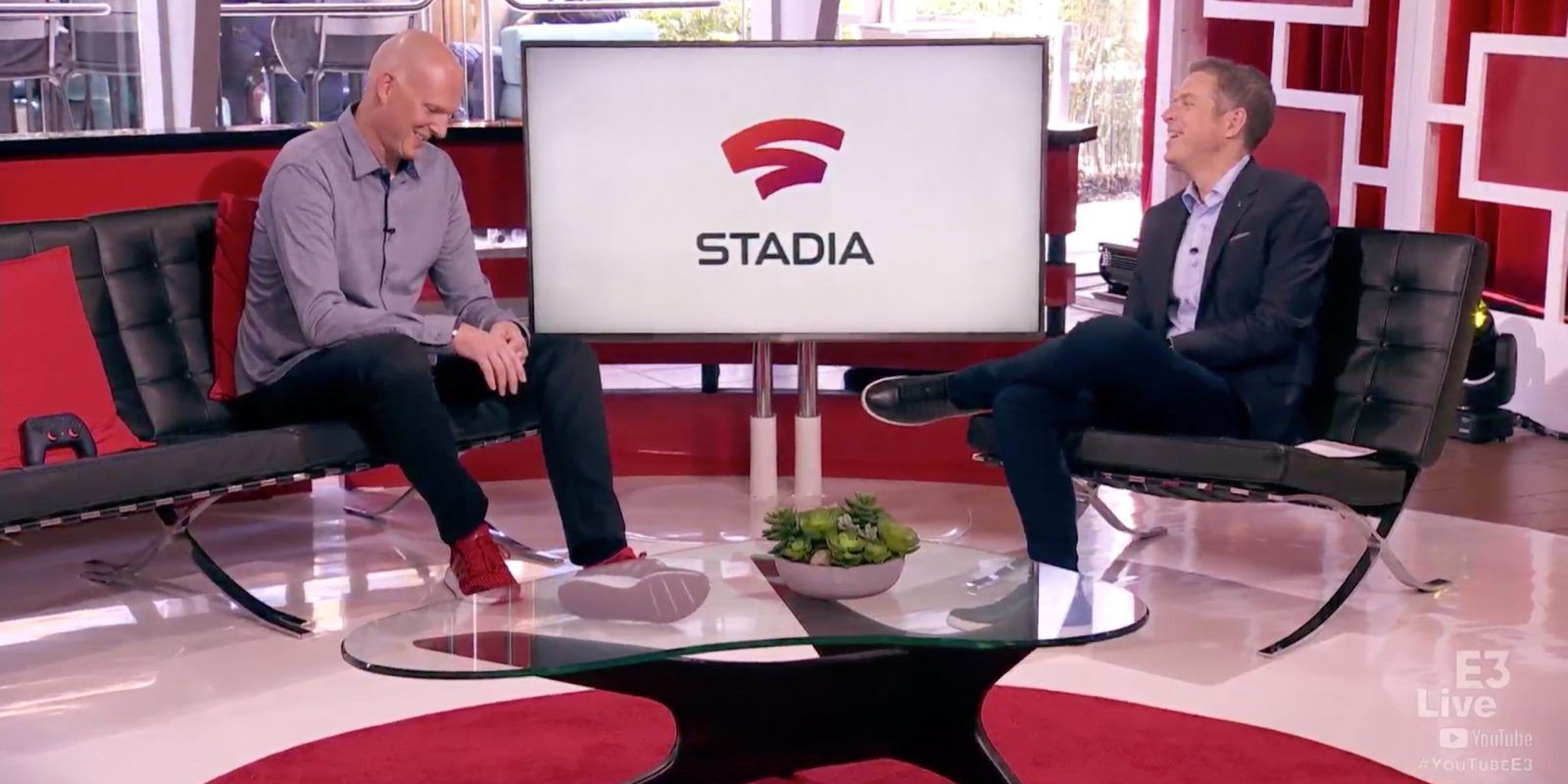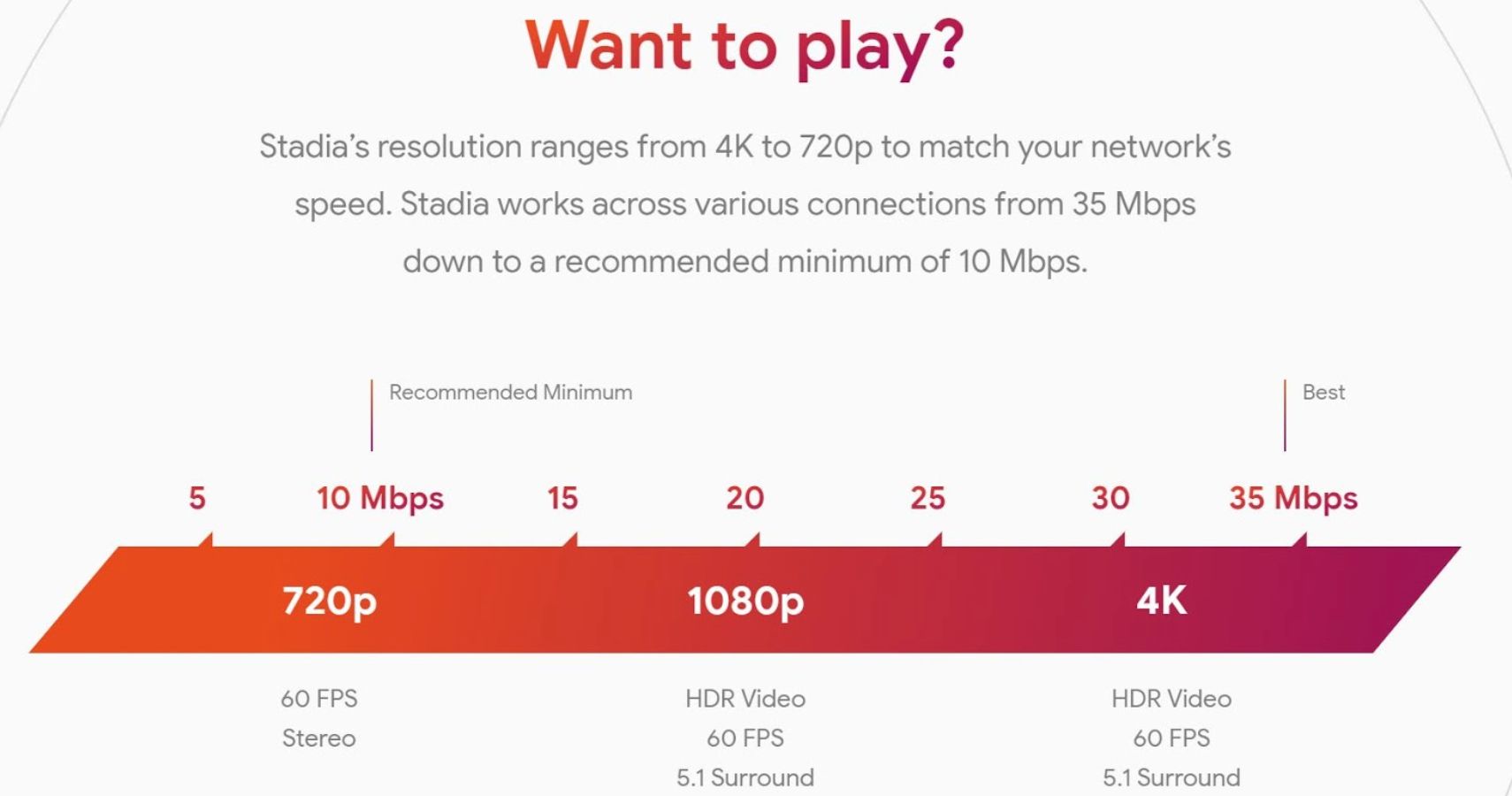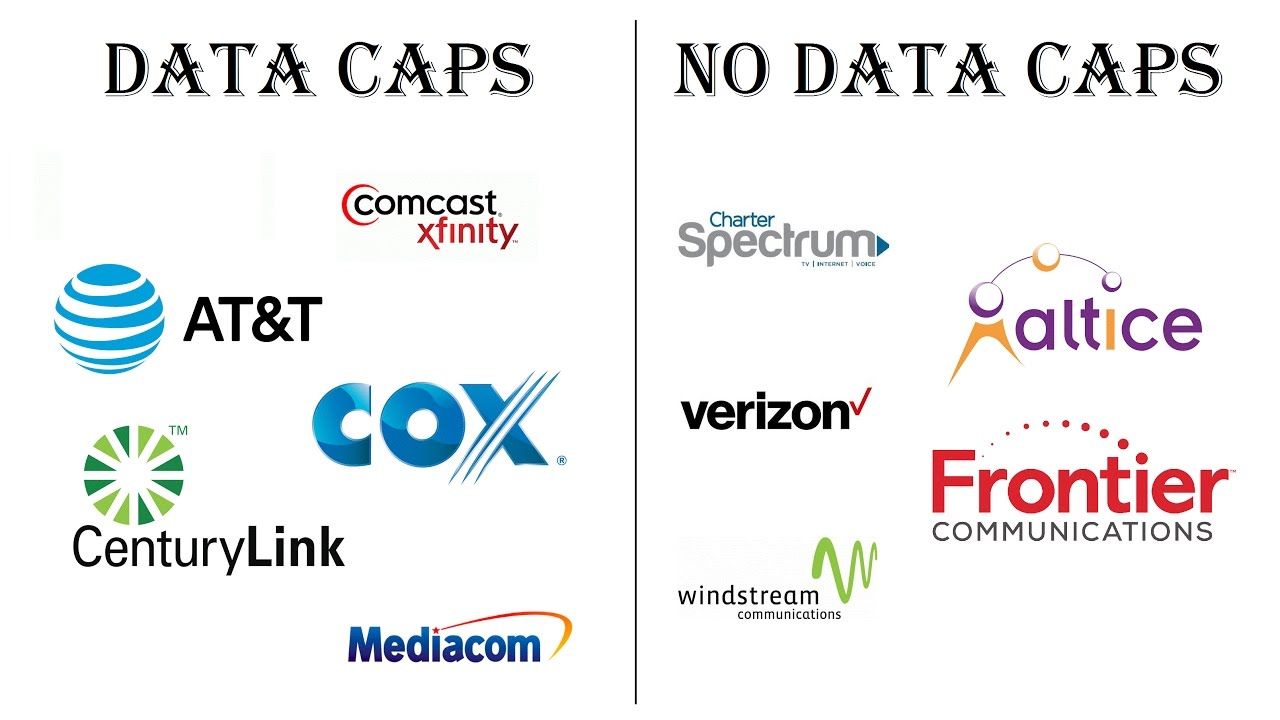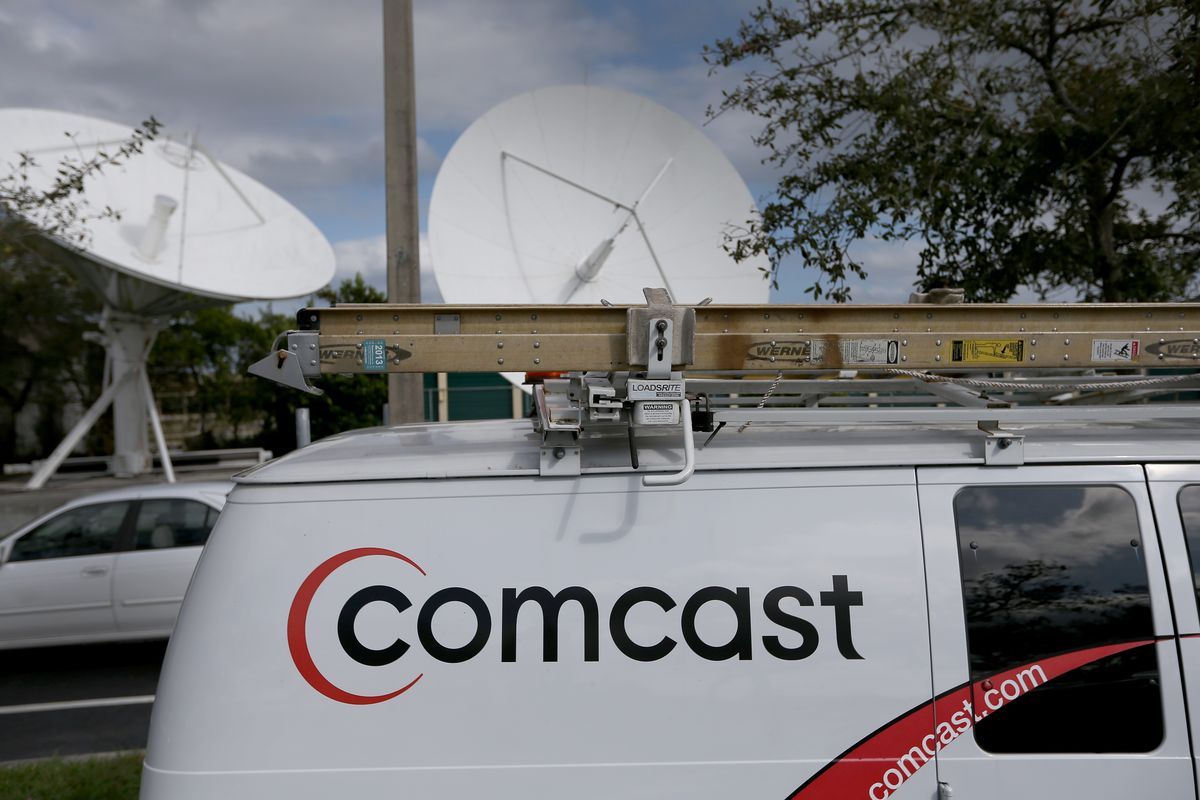In the months leading up to the launch of the Google Stadia, several questions have come up regarding how the concept will be implemented in the real world. One of the biggest concerns from the beginning has been about personal data caps, and mere days away from the Stadia launch, there is no real plan in place to address the realities faced by many consumers in North America.
Phil Harrison, vice president and general manager of Google, believes that data caps are not a challenge for the Stadia. GameSpot reports that in a recent interview, Harrison was asked how much of a limiting factor data caps would be, to which he replied “Data caps [are] not a universal challenge,” and concluded that it would be ISPs that would react in the long term to fulfill consumer demands.
Harrison’s faith in North American ISPs is not encouraging when considering the facts readily available through the FCC. Vice puts it perfectly when they say that “streaming products like Stadia, Microsoft’s xCloud, and Bethesda’s Orion are incompatible with America’s ISPs.” Google says that users will need a 35 Mbps connection to access the full range of what the Stadia offers, including 4K resolution and 5.1 surround sound.
This minimum speed may be perfectly reasonable for some consumers, but FCC data indicates that there are tens of millions of Americans with only DSL lines available. At their best, these struggle to reach the FCC’s definition of broadband by providing 25 Mbps downstream and 4 Mbps upstream.
Data Caps Are The Real Issue
Even if speeds are gradually increased through the improvement of infrastructure over the long term, North American ISPs have no incentive to offer unlimited data plans. Data caps are in place because they are massively profitable. Are you approaching your monthly limit? They will be sure to send friendly reminders through email or text message, along with an offer to increase your cap for that month for an additional fee.
The amount of data that will be used by Stadia users will vary on a few factors. Stadia Pro members will be able to max out their experience when the feature is added, thought it will be absent at launch, and which will demand roughly 20 GB per hour. Toned down, players only attaining 720p should eat up about 4.5 GB, and 1080p will require 9 GB per hour.
Users of Xfinity Broadband may have a data allowance of 1 TB and attempting to use Stadia along with their other daily internet needs, not to mention sharing with family, could easily make for awkward situations of surpassing data caps.
This writer lives in Montreal, Canada, and has the privilege to pay Bell Canada nearly $100 a month for what often measures at 12 Mbps downstream and a data cap of 400 GB per month. Canadians already pay among the highest telecom rates in the world, and the few options for ISPs all coordinate to offer identically priced plans with data caps or may be moving towards unlimited plans that mysteriously are throttled after passing a certain amount of usage.
Google Incorrectly Assumes That ISPs Will Step Up, But They Will Not
To say ISPs will rise to the challenge of an ever-increasing need for data is ridiculous. They profit from data caps, there is no reason to make it consumer friendly because the internet is an inelastic demand. Everyone uses it, and so ISPs are in complete control to charge what they wish, but the problem for the Stadia does not lie with them.
The problem instead lies with Harrison’s statement that ISPs are the ones who will sort of the Stadia’s main issue, when Google should be addressing the reality of their consumers’ access to data. Stadia might look great for a small number of users, but many should not waste their time because they do not have the necessary ISP requirements, and Google does not seem to consider it their issue.
In the long term, decades from now, it would be great if we could look back to these discussions as a bygone problem of the earliest days of the internet. In the future the ideal situation would be for every person to have fast access to the internet without any manner of data cap, and in that type of a world, Harrison would be right. However, in 2019, the Google Stadia is clearly not for everyone, and the company does not seem to grasp the realities faced by millions of its potential consumers.
Source: gamespot.com, vice.com, globeandmail.com

